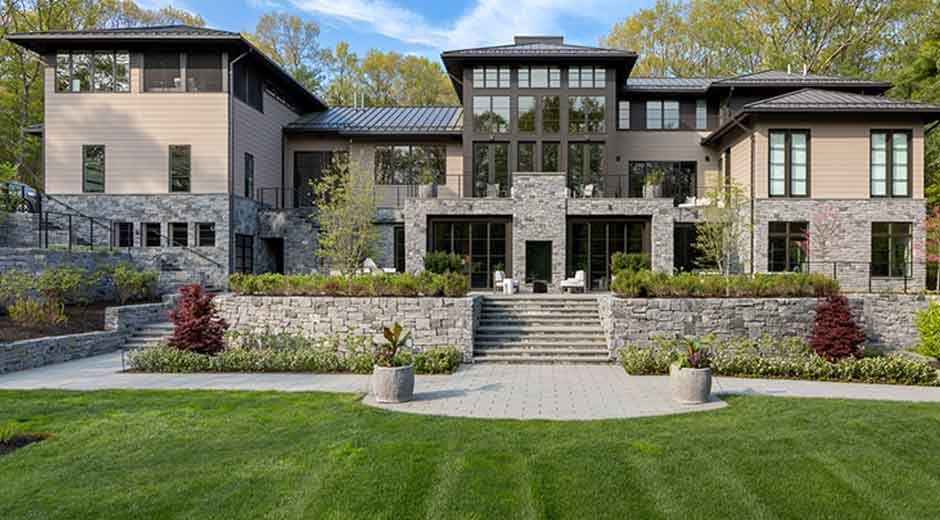Buildings are more than bricks and mortar. They are living systems where air, energy, safety, and comfort meet. When specialist expertise is applied strategically, the difference in efficiency, health, regulatory compliance, and long-term adaptability can be profound. Here, we explore how specialist guidance can elevate building performance, with a focus on ventilation, extraction, and environmental control.
Why Buildings Need Specialist Insight
Every building houses a complex interplay of systems: HVAC, plumbing, lighting, structural loads, and often process equipment (in industrial, laboratory, or manufacturing settings). Without expert design and oversight, these systems can conflict or underperform. Specialist input brings:
- Holistic optimization: Ensuring one system (such as ventilation) doesn’t inadvertently worsen another (e.g. energy usage or noise).
- Regulatory compliance: Many jurisdictions require adherence to health & safety, environmental, or building regulations; specialist consultants help bridge the gap between code and practice.
- Long-term robustness: Specialists anticipate change, such as future loads, retrofitting, maintenance, and evolving use.
- Safety and health: In spaces where dust, fumes, chemicals, or biological hazards are present, proper extraction and ventilation are essential to protect occupants.
The Role of LEV Systems in Building Performance
LEV systems are engineered systems that capture airborne contaminants (dust, fumes, and vapors) at source and remove them before they reach a person’s breathing zone. Unlike general ventilation, which dilutes contaminants, LEV isolates and extracts contaminants directly. Good LEV design and maintenance are crucial, especially in industrial or high-risk settings.
Key principles include:
- Proper hood and capture design: If a hood is badly placed or sized, contaminants may escape before being drawn in.
- Adequate airflow and ducting: The system must maintain sufficient air velocity to carry contaminants through ductwork without settling or blockages.
- Filtration and exhaust strategy: Clean the air and discharge it safely. Sometimes recirculation is viable, but only if filtration is adequate.
- Regular testing, inspection, and maintenance: Systems drift or degrade over time; periodic checks ensure performance remains as designed.
Guidance documents such as TR40 (a best-practice guide for LEV systems) and HSG258 (on controlling airborne contaminants) emphasize that poor LEV design can cause serious health damage or regulatory failures.
What Specialist Consultancy Brings
Specialist consultants in ventilation and extraction bring several advantages:
- Diagnostic expertise
They can identify poorly performing systems, airflow imbalances, leaks, or bypass routes that non-experts might miss. - Custom solutions
Off-the-shelf systems may not suit unique spaces or processes. Consultants design bespoke modules that integrate with building constraints, processes, and safety needs. - Future-proofing and scalability
Smart consultants design systems with adaptability, so if the process changes, the extraction system can be modified rather than replaced. - Third-party credibility
In construction, regulatory approvals, or insurance, independent specialist reports can carry significant weight. - Training and protocol development
Specialists help building operators understand how to use, monitor, and maintain systems, improving longevity and safety.
If your building or facility involves dust, fumes, or chemical processes, engaging LEV consultancy can be a decisive step toward ensuring your control systems are safe, compliant, and fit for long-term purpose.
Best Practices for Engaging Specialists
To get the most from specialist building guidance:
- Start early: In planning or retrofit stages, before finalizing major systems.
- Share process details: Provide the consultant with information on materials, workflows, chemical usage, expected changes, and occupancy.
- Ask for benchmarks and acceptance criteria: You should know exactly what performance (e.g. airflow rates, pressure drop, capture efficiency) is expected.
- Document everything: Reports, commissioning documents, test data, and maintenance logs should be preserved.
- Maintain relationships: Systems may degrade; periodic review or re-certification is often needed.
Buildings aren’t static; they breathe, operate, and age. By inviting specialist guidance to inform ventilation, extraction, and environmental control systems, owners and operators can transform performance, safety, compliance, and cost-effectiveness. The right expertise turns mechanical systems into resilient, healthy, and adaptable environments.
